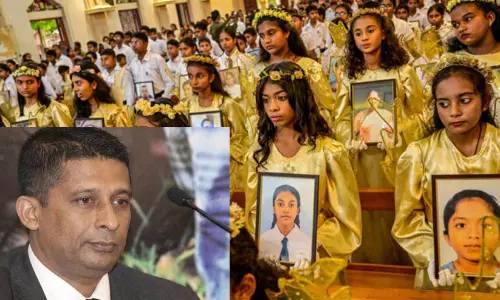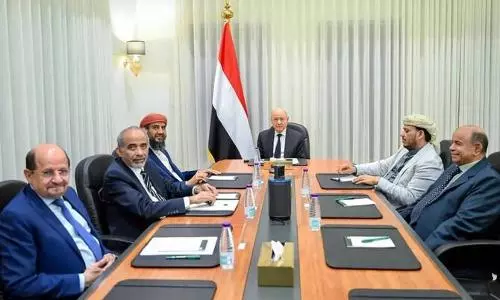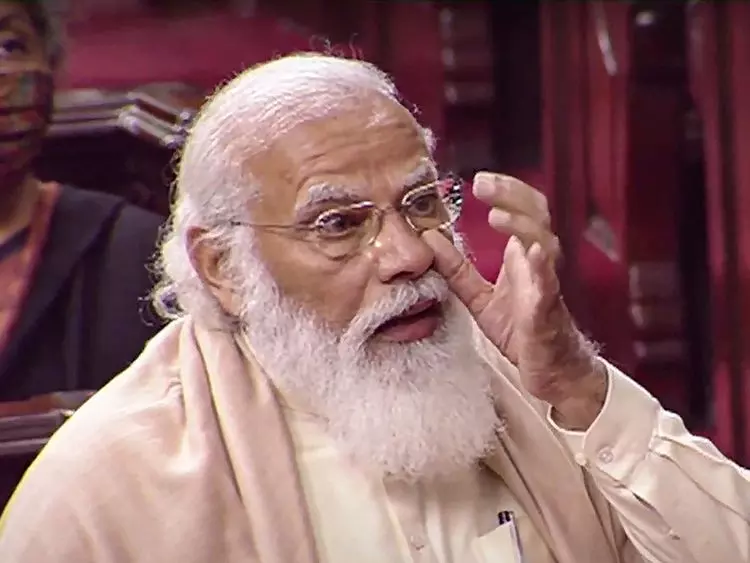
Tears in the House, blood in the streets
text_fieldsImage credit: PTI
Some of the drama that unfold in the legislatures extinguish the little hope and respect left in the public for the house. The 'tears' at the farewell ceremony of a Rajya Sabha member nearing retirement could be deemed one such drama. Such tactics help leaders to make news but also remind the general public of certain unforgettable news and events.
Addressing from the same dais as he did the day before - where he pejoratively called the farmers protesting for their rights as 'andolan jeevis' (agitation beings) - the Prime Minister shed a tear on the retirement of Opposition leader Ghulam Nabi Azad describing him as a leader who cared for not only his party but also the country. This is being hailed by ruling benches and news desks they control as an unparalleled example of respect for the opposition. Ghulam Nabi, seeming to have taken the abundant praise without suspicion, in turn tearfully described the PM as a leader who valued personal relationships despite political disagreements and never failed to wish him on all Eid occasions.
Does respect for the opposition lies in conveying greetings during festivities or expressing sorrow at farewells? Does anyone recollect that the Lok Sabha is without an opposition leader for the past seven years due to alleged technicalities? Have their media informed the public that this is due to the party's, and its leader's, stubbornness? Did the now- sentimental Prime Minister show the political manners to seek an opinion from the Rajya Sabha leader from Kashmir – who 'cared not only about his party but about his country as well' - when the former repealed the statehood and special status of the state and denied the basic rights of its people by ripping apart the special powers conferred on the state by the constitution? When leaders, including Azad, requested that a team be sent to Kashmir to console the struggling Kashmiri population, did the PM pay heed? No. Even Ghulam Nabi's efforts to visit the state was thwarted. On the few Eid days when Modi called Azad to wish, parents in Kashmir were unable to talk to their children because the government had cut off phones and internet. If indeed the PM has a bit of sincerity, he must shed tears not for his political friend from Kashmir, but for the hardships he unleashed on the state.
The country clearly remembers the PM's approach to those killed by communal-casteist terrorists even as he recollects Azad's concern until returning the bodies of those from Gujarat killed in a terror attack in Kashmir in 2007, when Azad was chief minister of J&K and Modi was of Gujarat. Modi's teary-eyed speeches had begun before taking office as prime minister in 2014. In 2015, he cried at the Q & A session held at Facebook recollecting his mother. After demonetisation when he pushed the poor people of the country into a crisis, he again shed tears while addressing a crowd in Goa repeating the now worn-out story of how he had left his home and family for the country. This theatrical performance seeks to convince the public of his 'humanity', despite being a strong-willed person and while simultaneously claiming hero status over his 56-inch chest. This shedding of tears in public is a weapon which many arrogant leaders, bereft of transparent political stances, have resorted to while driving away with tear gas shells people demanding their right. History is replete with examples of them: Hitler, Churchill, Mussolini et al. Often this serves to hide the failure of their governance and to retrieve power. And the public, who take such theatrics at their face value receives in return only harmful policies and unending grief, as would be seen in the next phase of history.

















